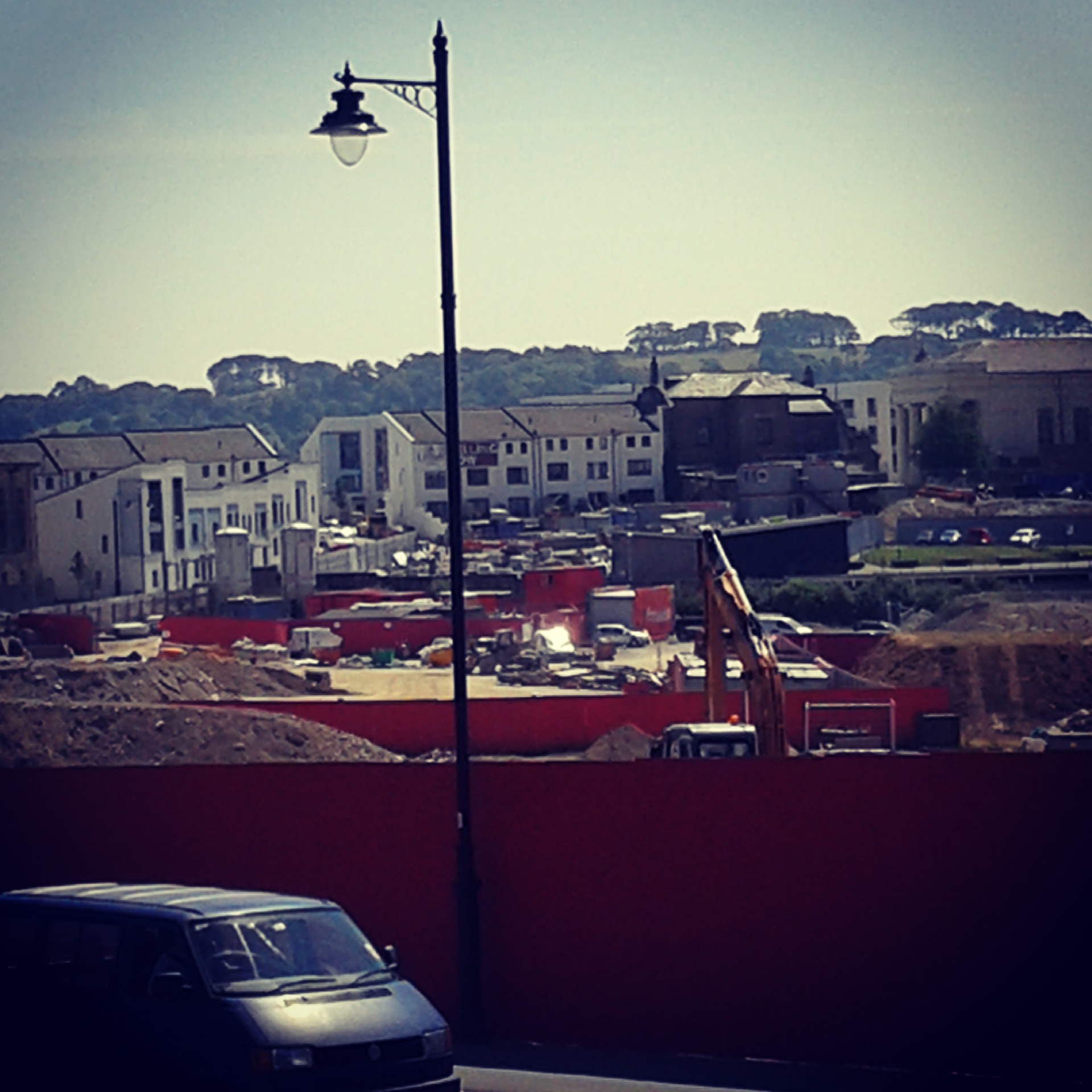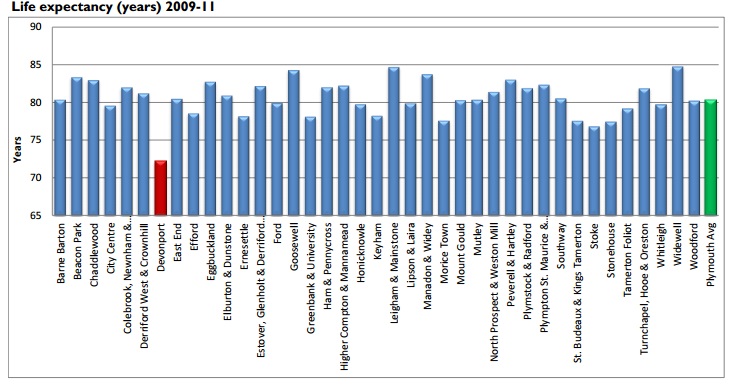As we entered the final year of college my wife and I sat down to decide our criteria for the type of church we would be looking to go to. One of the criteria we were both clear on was that we did not wish to go to a rich church.

Our placement church at college, mostly through selling property at the right time, had a large sum of money in the bank. During our time the reliance upon that money, and the reluctance to use that money for anything but their own needs, became a source of great frustration. So our criteria was clear, we wanted a church that relied more on faith than their bank balance.
In the end we chose a church with some funds built up in interregnum and a gift, a Home Mission grant, and a huge amount of energy and faith - Devonport Community Baptist Church (DCBC).
The church is in the most deprived ward in Plymouth, so deprived that it is considered to be the most deprived in the whole of the South-West of England. The figures do not make easy reading, life expectancy in Devonport is 72, eight years younger that the city average; 40 per cent of the population are benefits claimants compared with 17 per cent average across the city.
Due to a massive redevelopment project the only element that the area scores well in is access to housing, but for all the good housing there are very little work, and the local job club is fully subscribed.

How does this impact the church? Well the simple fact is that despite being on a 50 per cent Home Mission grant, the church will, if things continue, run out of money in July 2014. Of a membership of 30 people, there are only seven regular givers (one is no longer at the church). For the rest it is a matter of giving what they can when they can.
Before the war the area had three Baptists churches (none survive - DCBC is a more recent church plant), half a dozen Methodist churches, a number of Anglican churches, but these have dwindled. There are now no Methodist churches, there is just one Anglican church (which has a handful of members and operates mostly as library and a café) on the edges of the area there are two other Anglican churches - both small - and a Salvation Army Citadel. DCBC is the only church serving the area, an area of almost 6,500 people. Yet we cannot sustain a ministry here.
But there is hope - God is at work - we had a baptism of a recent convert from Islam recently. We have seen nine people visit and stay over the last year (none with any money!). We have a number of people who are still on a journey to faith in the congregation. The new houses mean that people are moving into the area, it is just a matter of how long we can hold our nerve with the finances. It is scary stuff.
I was recently asked by someone, who works for a big church in London, how many staff do you have? I looked at him and laughed and said - just me. It is crazy to think that we are in a situation where some churches can have all manner of staff for this ministry or that ministry, but a little church in the most deprived area of a city, where there are no other churches, will have to soon make the decision whether to get rid of their only paid member of staff because they simply can’t go on.
Is this the Kingdom of God?